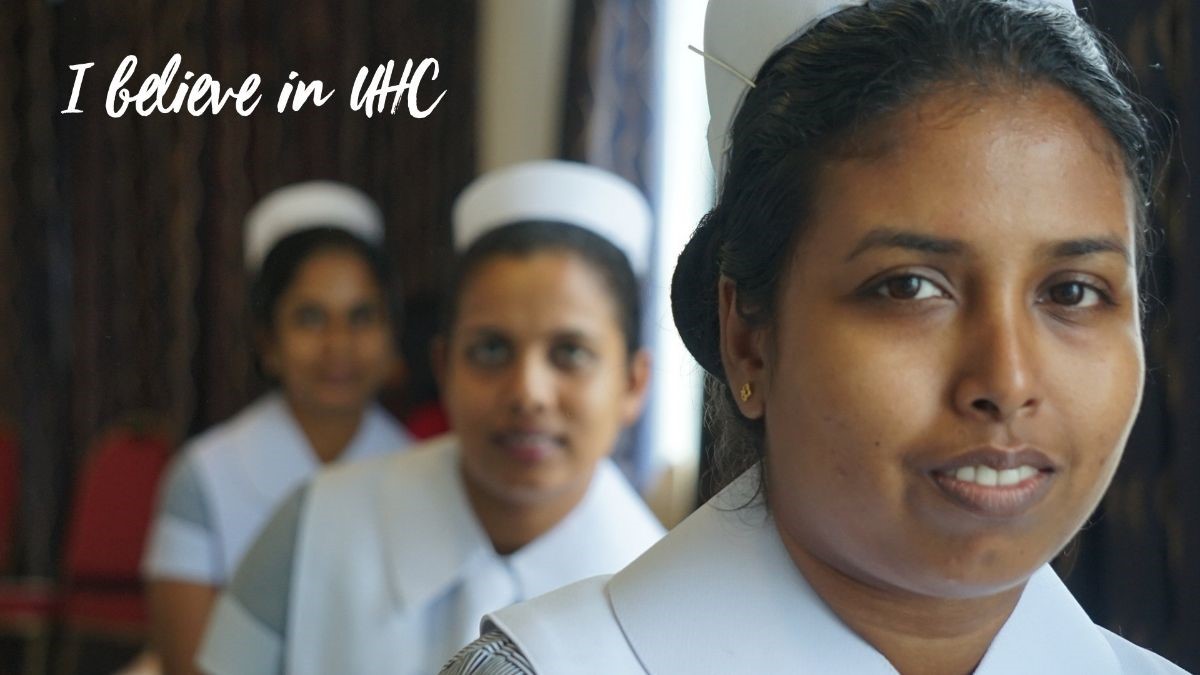Welcome to the latest issue of ‘Stories from the field’, all about how countries are working to achieve universal health coverage.
In Issue 6 we share Samoa’s approach to tackling the problem of non-communicable diseases through a primary health care approach. We also bring you a story from Georgia, which has just introduced a new financing system for a more efficient and transparent way of providing health services to its population.
The summaries below take just two minutes to read, with full versions of the story if you are interested.
In 2019, we will continue to share your many stories of change from the field. If you have a story to tell, get in touch and we’ll work with you: jwt@who.int.
Samoa Primary health care to tackle non-communicable diseases
Fact: The government of Samoa is tackling non-communicable diseases (NCDs) through a primary health care approach, bringing interventions such as awareness campaigns and health screenings to the community.
Why it matters: NCDs in Samoa are reaching epidemic proportions. About half the population aged 18-64 is at high risk of developing diabetes, cancer, chronic respiratory disease or cardiovascular disease. Action is needed at individual and community levels.
Expected results: A drastic reduction in the population’s risk of developing major NCDs through revitalizing primary health care services in the community.
In practice: The Ministry of Health and the National Health Service worked with WHO to map the way forward for a primary health care model, which was adapted to the Samoan context. National guidelines were developed and a pilot project began.
Georgia A new financing system for universal health coverage
Fact: Georgia has just introduced a more efficient and transparent health financing system to improve the purchasing and payment of health service providers. It will soon introduce the ‘Diagnosis Related Group’ system for hospitals.
Why it matters: Implementing the system will improve the efficient use of resources within a hospital, increase the transparency of hospital services, and enable monitoring of hospital performance. This contributes to improving the level of quality of care.
Expected results: Improved health service coverage (outpatient visits and hospitalisation) for the population and reduced out-of-pocket payments through implementing the DRG pricing and reimbursement policy.
In practice: The Ministry of Internally Displaced Persons from the Occupied Territories, Labour, Health and Social Affairs of Georgia and the Social Services Agency worked closely with the WHO Regional Office for Europe to implement the work.


